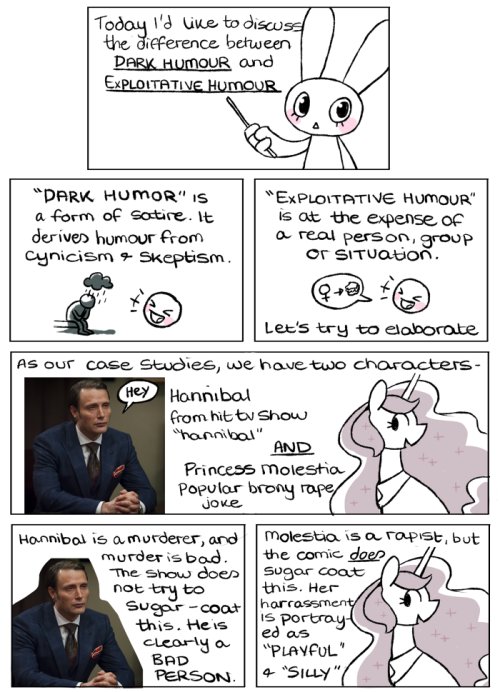Hi guys!
I came up with an idea for a thread last night while chatting with Seph about writing. He often has great pearls of wisdom when we talk - talking seems to benefit us when it comes to writing and plotting - and I wanted to share it. It's probably obvious, but it really struck home for me:
It's not so much a case of 'show or tell', it's about being able to make your readers feel emotions as your characters do - the ultimate connection on an emotional level, since humans are emotional creatures - so when something sad happens, if you've got that reader connection, perhaps you don't always need to state its effect or show its effect on your character - because the reader will already understand when it means. It's the ultimate way of connecting readers to characters.
This came about because Seph had read a passage in Hyperion where something (dunno what - I've yet to read it) happens, and rather than have the character(s) look away or cry or something, or state "s/he felt sad", Dan Simmons writes nothing. Just the scene itself. By then, readers are so connected to the characters, they don't need more. And it works VERY WELL emotionally.
The question then becomes: how does one get that emotional connection?
So, anyone else have pearls of writing wisdom they want to share? I thought this might be a nice place to collect our useful tips.
I came up with an idea for a thread last night while chatting with Seph about writing. He often has great pearls of wisdom when we talk - talking seems to benefit us when it comes to writing and plotting - and I wanted to share it. It's probably obvious, but it really struck home for me:
It's not so much a case of 'show or tell', it's about being able to make your readers feel emotions as your characters do - the ultimate connection on an emotional level, since humans are emotional creatures - so when something sad happens, if you've got that reader connection, perhaps you don't always need to state its effect or show its effect on your character - because the reader will already understand when it means. It's the ultimate way of connecting readers to characters.
This came about because Seph had read a passage in Hyperion where something (dunno what - I've yet to read it) happens, and rather than have the character(s) look away or cry or something, or state "s/he felt sad", Dan Simmons writes nothing. Just the scene itself. By then, readers are so connected to the characters, they don't need more. And it works VERY WELL emotionally.
The question then becomes: how does one get that emotional connection?
So, anyone else have pearls of writing wisdom they want to share? I thought this might be a nice place to collect our useful tips.



